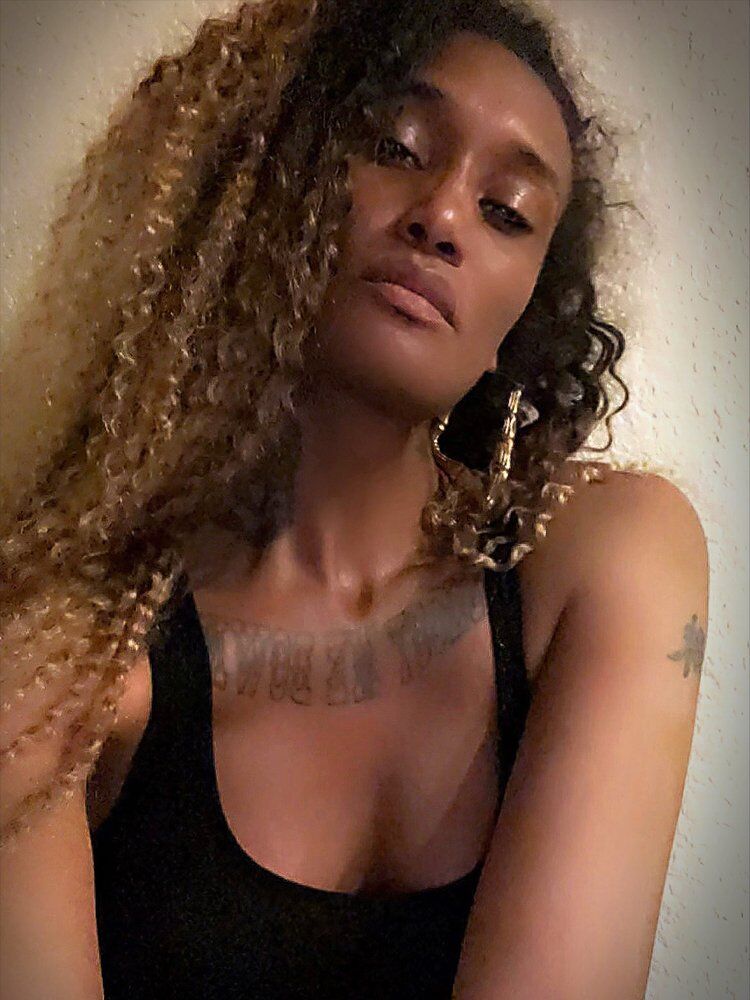Filmmaker D. Smith has never had a problem telling it like it is. Being a Black transgender woman who has worked hard to create space for herself in entertainment, truth was often the only thing that protected her. Now, with her latest project titled Kokomo City, Smith is making room for other Black trans women to use their voices to do the same thing.
The film, which centers the lives and experiences of four Black trans women, focuses on not only narrative truth, but the truths that the Black community also need to face about the ways they treat trans people. Kokomo City urges the community to interrogate the ways we think about masculinity, femininity, and why it’s time for us to put shame to rest about who and how we love.
INTO sat down with Smith to talk in detail about the timeliness of Kokomo City, the inclusivity of the film, and why this documentary is an immediate watch for anyone and everyone.
As someone who wears many hats, what made you want to do this film specifically for your first documentary?
I think the story is not only urgent, but I, as a creator, was excited to kind of put my spin on…a story that has been told so often. My thought was, How do we really move the needle forward? How do we really reach the Black community? We don’t really reach the Black community (and everyone) unless it’s a scandal. Unless it’s a Black man running out of a hotel room or being accused of being with a trans woman and him denying it, right? That’s how we normally get the [Black community’s] attention when it comes to transgender issues. So I wanted to do something more elevated, more creative, and relatable.
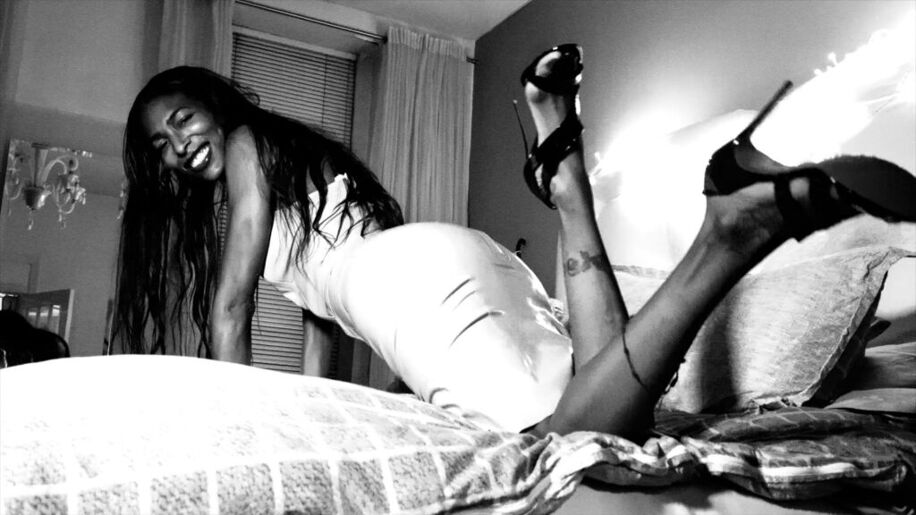
In the film, there are several cisgender men giving their voices and experiences. Why was that important to include?
I mean, again, we always see Black men running out of hotel rooms who are “outed” for being with a trans woman or being reprimanded for being with anyone other than a Black woman and they’re scrutinized and they’re embarrassed. They’re often shamed and then they go run and hide. I wanted to really bring these Black men in because a lot of times they’re censored, in terms of coming to the rescue of trans women or queer folk, or for just being themselves.
It was important for me to have these men, in their own space, in their own time, in their own swagger, to just say how they felt, you know? We didn’t villainize any Black men, but we didn’t villainize women either. I just think we wanted to have people hear something different and hear it from different people. So, those Black men in this film, we included them because we wanted to show we love them. They’re great friends of mine who also had something important to add to the conversation.
So I am not going to lie, I was captivated by Liyah’s voice in the film and the rawness and authenticity she offers – specifically when talking about why cisgender women have so many issues with transgender women. Why was that so important for you to include in the film?
It’s a very intense dichotomy between trans women and cis women. It’s just a deep-rooted, heavy, grounded stigma that sticks with our community that trans women are against Black women or Black women don’t like trans women. I’m starting to just encourage people, to really uplift and praise the people that do like us, that do love us, that do respect us, that are here with us, that do walk with us, talk with us, and eat with us.
We have so many allies, so many beautiful people, that genuinely love us and artists and celebrities that really love us. We feel and we know those that are truly genuine and real because they put a lot on the line. Unfortunately, though, that’s the term that comes to mind. Look, we have a lot of organizations and a lot of forces that pin us against one another and Kokomo City was made to wake that up, break that up, and no longer lift that up. I think it’s time for us to really get down to the bottom of who is creating these narratives, who’s encouraging it, and who’s putting money behind it, because it’s dividing our community more and more every day.
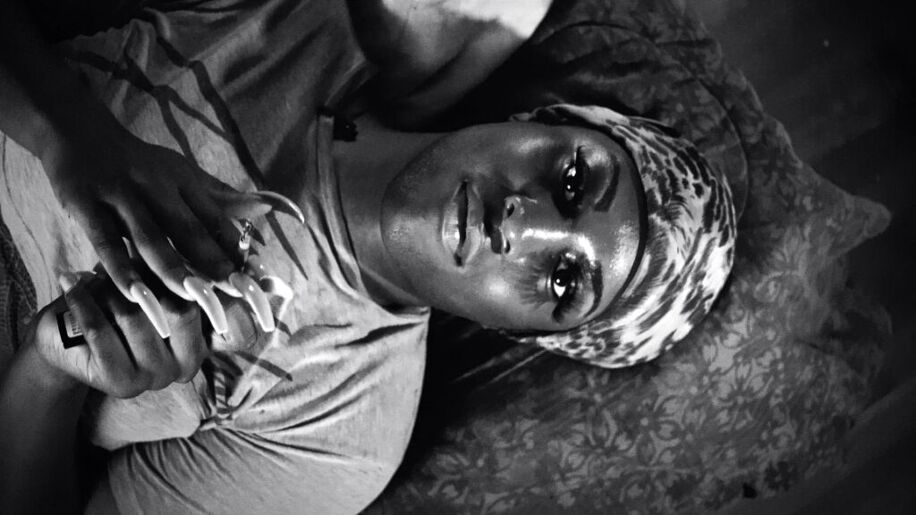
Related:
Elle Moxley Is Ensuring That Black Trans Women Are Seen, Heard, and Uplifted Through Her Work at The Marsha P. Johnson Institute
“We’re tired of talking about our demise. We want to actually see ourselves as beautiful. We want to see ourselves as we know we are.”
The film also addresses so much, including familial rejection, masculine sexual anxiety, and the ways the world polices trans people’s bodies. In holding up Koko’s light, why was it so important for you to end the film the way you did?
Because it’s her truth, right? And a lot of times, publicly, we are kind of discouraged, as trans women, to speak the truth – the whole truth. The truth of the matter is, she’s been doing sex work since 15, 16 years old. That is wild to me. It’s wild to think that she had any other opportunity or any other choice as a trans woman to thrive. What else could she have done? Honestly, 15 years ago, [we had] none of these things that we’re fighting for or this platform that we’re building.
This is the life of a lot of trans women. Whether they do sex work or not, they have to do what they have to do. Everything isn’t about glam, hair, makeup, and other things. So many times we’re expected to have it all together. That’s the truth. So, to end the film that way with Koko, to end it that way with everything that we’ve seen throughout the movie, that’s just the truth at the end of the day.
So what we’re going to do about it is teach our younger trans women that this is not the only option that you have. We’re here to huddle around them because we love you. We don’t want our community to have to resort to something unsafe to survive. The film leads us to other great conversations [on] how we can prevent trans women from thinking that this is their only option.
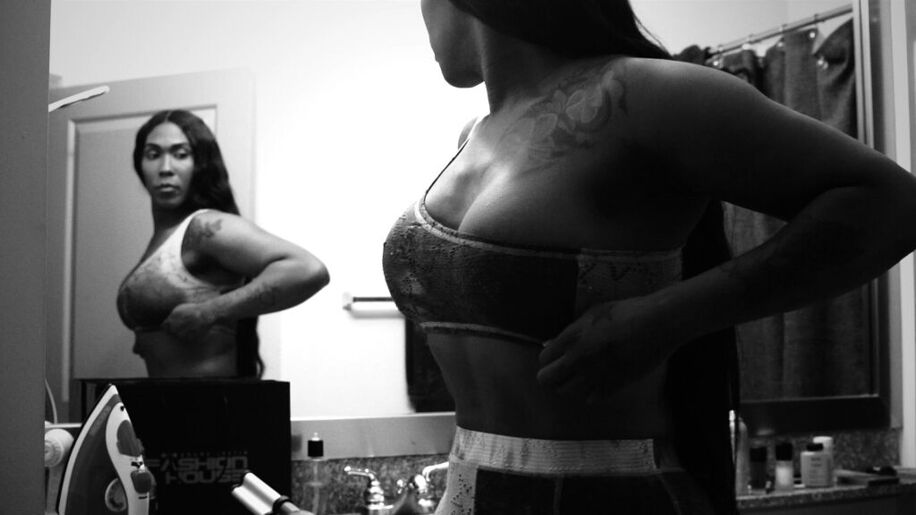
There might be folks who believe that this film is not for them. What would you say to them?
Well, if there are any [Black cis women] reading this and you feel like this has nothing to do with you because your husband gives you great sex, he’s always spending time with his boys, he doesn’t like gay people, and he always has something to say about trans people, if you’re one of those women, you need to buy tickets immediately.
You also need to understand that this is the reality. The reality is that Black men are very sexually ambiguous and they’re ambiguous because they’re shamed into staying in the closet. So if you’re one of those women that encourages your man to talk smack about gay people or trans people, you’re actually making it worse for yourself. I think that if you saw the film, you [would] understand that this is not coming from a place of me attacking you. It’s coming from a very loving, thoughtful, inclusive space for everyone.
No one’s being villainized in this film. I was not going to have that. No one suggested doing that. So I think it’s great for all of us, everyone in the community, to watch this film, men as well. It’s an everybody film. ♦
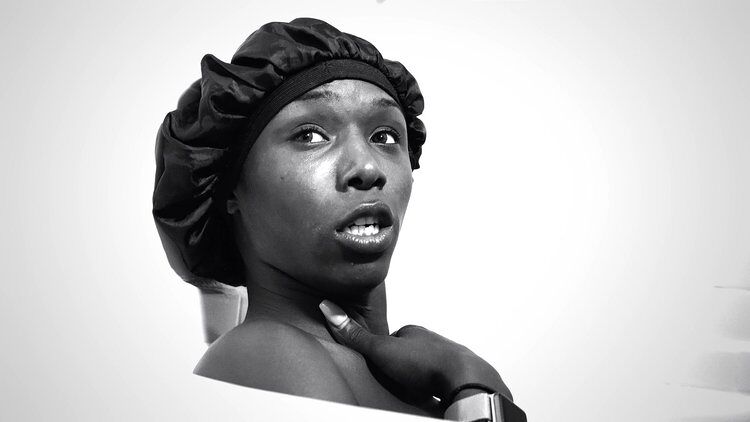
Kokomo City is out now in theaters.
*This interview has been edited for length and clarity.
Related:
5 Films You May Have Missed at Outfest
Beyond platforming captivating cinema, this year’s event highlighted the struggles, hopes, and dreams of those who are underrepresented
Don't forget to share:
Help make sure LGBTQ+ stories are being told...
We can't rely on mainstream media to tell our stories. That's why we don't lock our articles behind a paywall. Will you support our mission with a contribution today?
Cancel anytime · Proudly LGBTQ+ owned and operated
Read More in Entertainment
The Latest on INTO
Subscribe to get a twice-weekly dose of queer news, updates, and insights from the INTO team.
in Your Inbox

